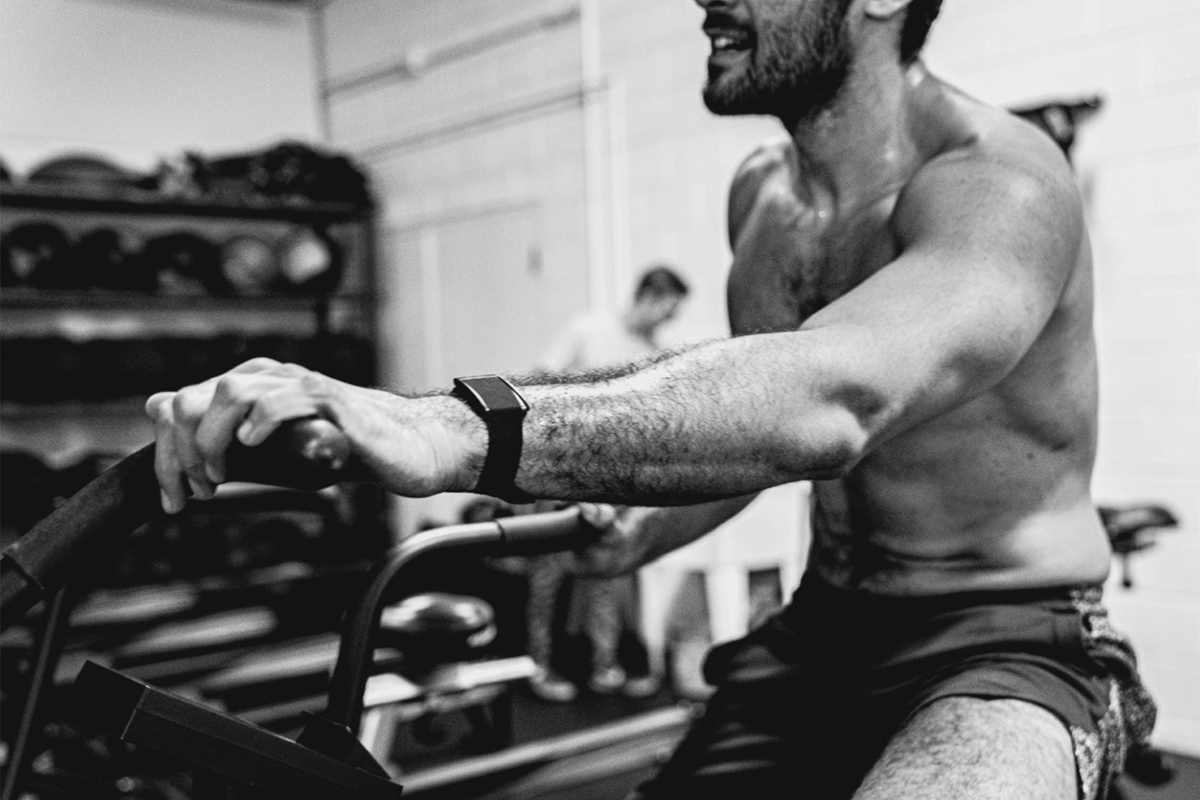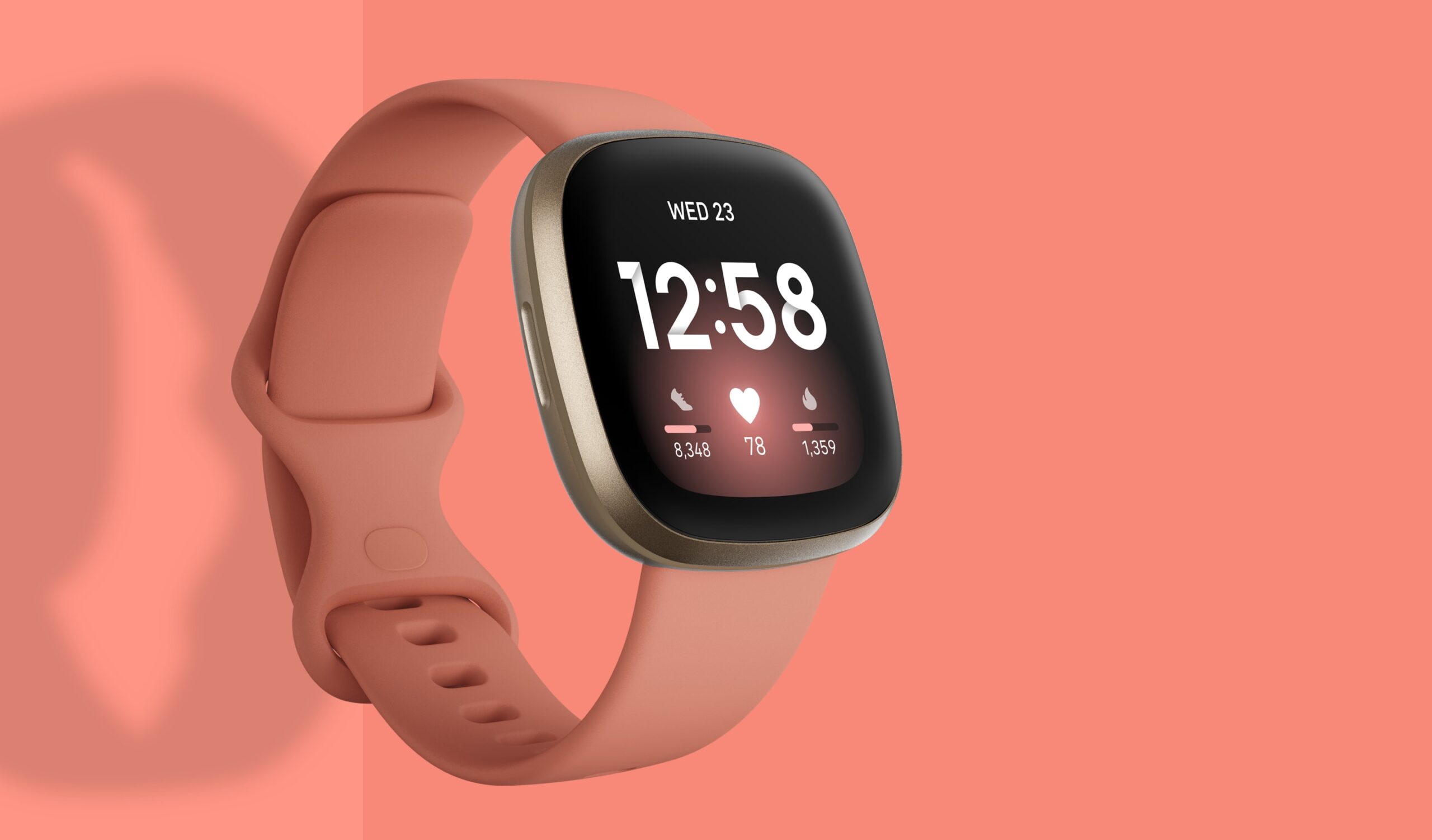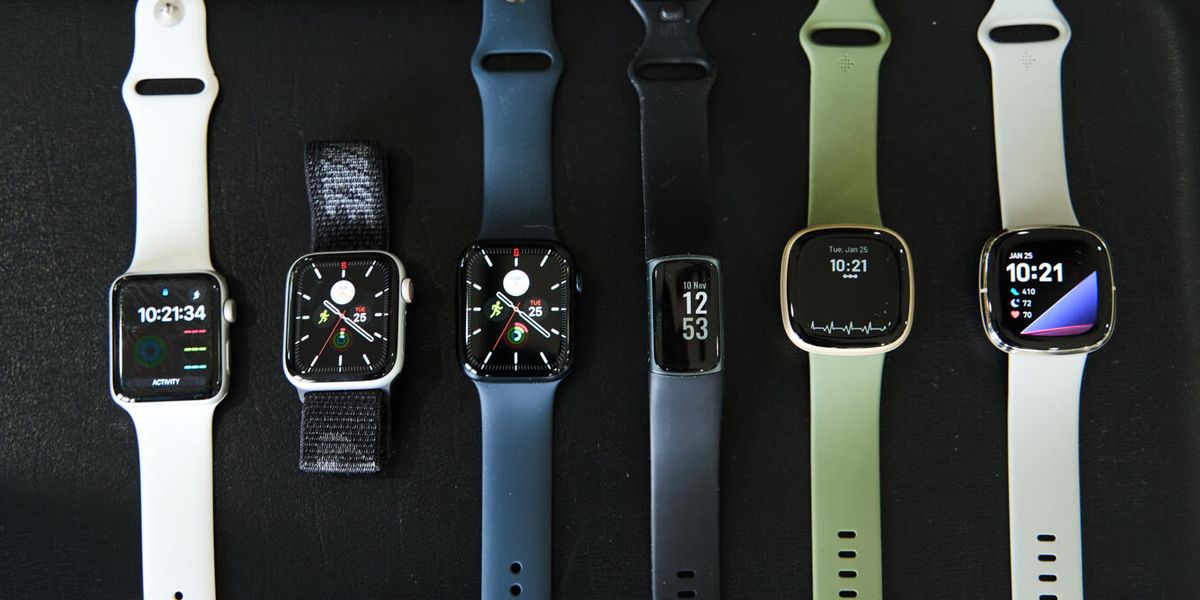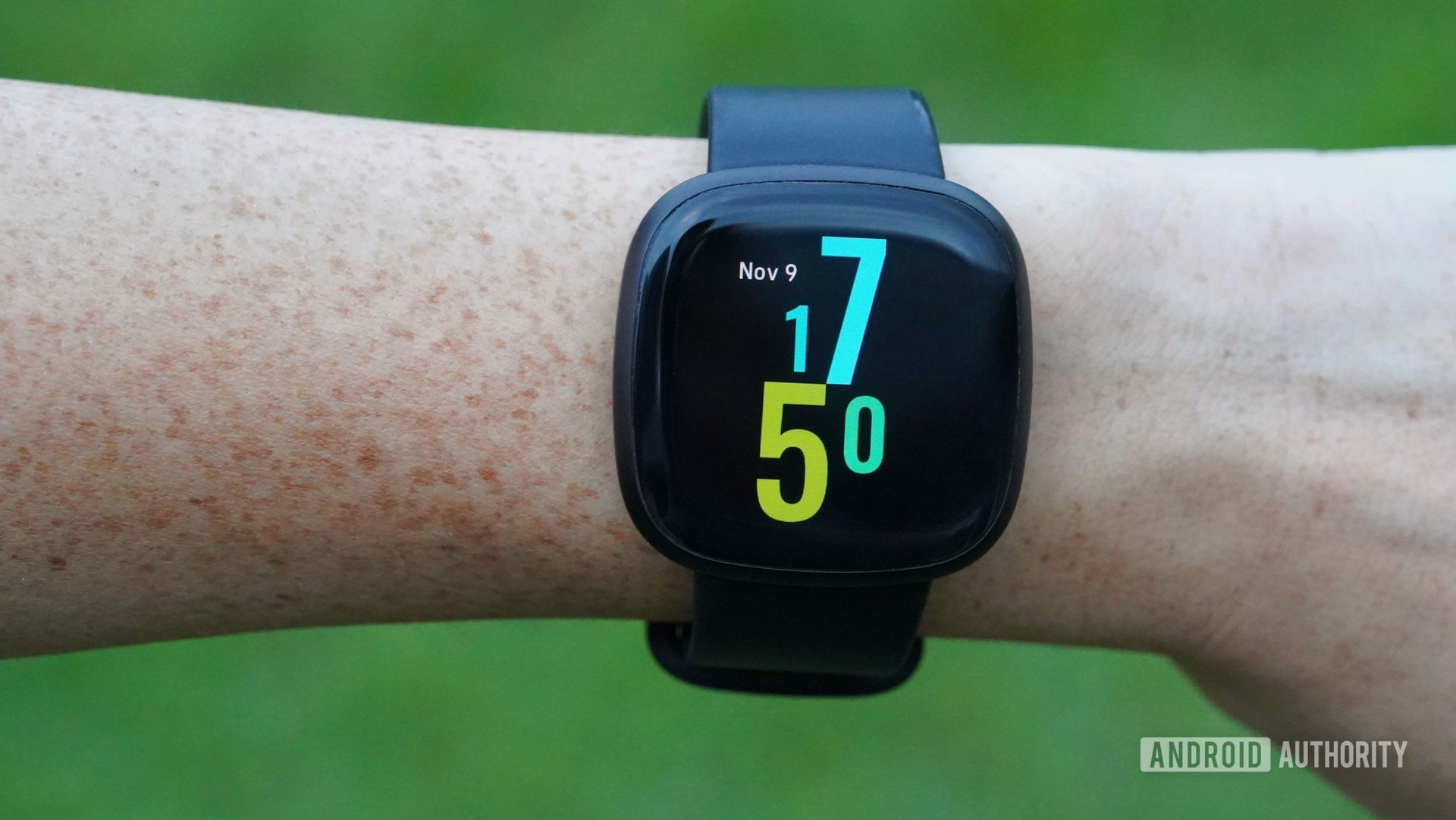Yes, it is worth wearing a fitness tracker. Fitness trackers can help you reach your fitness goals by tracking your activities and providing feedback on how well you are progressing towards them. For example, they can monitor your steps taken each day, calories burned during workouts, heart rate throughout the day, and much more.
The data collected from these trackers can provide valuable insight into how active you are and how hard you’re working out. Additionally, many fitness trackers also come with apps that allow users to set goals for themselves or compete against friends or other users in challenges. This makes staying motivated easier as there is something tangible to aim for while working out.
Overall, a fitness tracker provides an easy way to stay accountable to yourself when it comes to reaching your health and wellness goals!
Fitness trackers have surged in popularity over the last few years, and for good reason. Not only can they help you keep tabs on your daily activity level, but they can also motivate you to reach your fitness goals with reminders and general encouragement. If you’re looking to get more active or just curious as to how much exercise you’re actually getting each day, investing in a fitness tracker is definitely worth it!
Why I Stopped Wearing a Fitness Tracker
I recently stopped wearing a fitness tracker because I found that it was taking away from my enjoyment of physical activity. The constant focus on numbers and the need to continuously hit certain goals took away from my sense of accomplishment. Instead, I’ve been focusing on how activities make me feel and enjoying the journey instead of worrying about reaching certain milestones.
Disadvantages of Fitness Trackers
One of the main disadvantages of fitness trackers is that they are not always accurate. Fitness trackers measure physical activity based on motion, and this can lead to discrepancies in measuring things like intensity or duration of an exercise. Additionally, many fitness trackers require you to manually enter data such as food intake or sleep patterns which can be time consuming and lead to errors.
Finally, there may be privacy concerns related to using a fitness tracker as the company that makes it may have access to your personal health information.
Are Fitness Trackers Safe to Wear
Fitness trackers can be a great tool for monitoring your fitness goals, but there are some potential safety concerns to consider. While the radiation emitted by fitness trackers is within safe limits and unlikely to cause any harm, it’s still important to keep them away from sensitive areas such as your chest or head. Additionally, using a fitness tracker may reveal personal information which could compromise someone’s identity if stolen or misused.
It’s important to take necessary precautions when wearing a fitness tracker and make sure all data is secured with adequate privacy settings.
Best Fitness Tracker
The best fitness tracker can help you monitor your health and physical activity. A good fitness tracker will have features like step counting, calorie tracking, sleep monitoring, heart rate monitoring, and more. It can also connect to a smartphone or computer for added convenience.
With the right data at hand, you’ll be able to make the most of your workouts and reach your goals faster than ever before!
Is a Fitness Tracker Worth It Reddit
A fitness tracker can be a great tool to help you stay on track with your workout goals. It’s worth considering if you’re looking for an easy way to monitor your activity levels and keep tabs on how much exercise you’re getting each day. Popular brands like Fitbit, Garmin, and Apple Watch offer comprehensive tracking features that allow you to easily monitor steps taken, calories burned, heart rate, sleep patterns and more.
Additionally, many of these devices come with helpful coaching programs or apps that can give you extra motivation and guidance as well as providing real-time feedback throughout your workouts. Ultimately it comes down to personal preference – while some might find the added expense unnecessary others may find the data provided by a fitness tracker invaluable in helping them reach their goals.
Should I Get a Fitness Tracker
Fitness trackers are a great way to monitor your exercise and activity levels. They can help you stay motivated by tracking how many steps you take each day, how much time you spend exercising, and even your heart rate during physical activities. Fitness trackers also provide valuable insights into the quality of your sleep and can remind you to get up and move when it’s been too long since your last workout.
Ultimately, if you’re looking for a way to more closely manage your health goals, then investing in a fitness tracker may be an excellent choice for you!
Fitness Tracker Advantages And Disadvantages
Fitness trackers are a great tool for helping people stay motivated and reach their fitness goals, but like any technology, there can be some drawbacks. While the advantages of using a fitness tracker include providing real-time feedback on your activity level and tracking progress over time, it’s important to recognize that these devices can also have disadvantages such as privacy concerns or inaccurate readings. It’s essential to weigh both the pros and cons in order to decide if a fitness tracker is right for you.
Are Fitness Trackers Bad for Your Mental Health
Although fitness trackers can have positive effects on physical health, they can also have negative impacts on mental health. Fitness tracking apps and devices can lead to an unhealthy obsession with numbers, requiring users to focus too much on their performance and results. This type of fixation can lead to feelings of inadequacy or guilt when goals are not reached, ultimately leading to low self-esteem and stress.
If you feel that a fitness tracker is negatively affecting your mental wellbeing, consider taking a break from it for a while.

Credit: www.makeuseof.com
What are the Cons of a Fitness Tracker?
A fitness tracker can be a great tool to help you stay motivated and on track with your health goals. However, there are some drawbacks to using one.
• They may not be accurate: Some trackers overestimate the number of calories burned or distance covered.
This could lead to an inaccurate assessment of how much exercise you’ve actually done.
• Privacy concerns: Most fitness trackers collect personal data such as location and activity level, which can then be shared with third parties without your knowledge or consent.
• Expense: Fitness trackers can be expensive, depending on the features they offer and their brand name status.
Overall, while fitness trackers have many benefits, users should consider these potential cons before investing in one for themselves.
Do Fitness Trackers Really Help You Lose Weight?
Fitness trackers can be a useful tool for those looking to lose weight. They help users monitor and adjust their activity levels, allowing them to make better choices about how much they exercise and what types of food they consume. Here are some ways that fitness trackers can help you lose weight:
• Track physical activity – Fitness trackers allow users to set goals for how much exercise they want to do each day, week or month and see if they have met it or not.
• Monitor diet – Many fitness trackers have software applications which allow users to log the foods they eat throughout the day so that calories consumed can be easily tracked and monitored.
• Encourage healthy habits – Wearing a fitness tracker encourages people to stay active throughout the day which in turn leads to more calories being burned off than would be otherwise possible without one.
Additionally, seeing an accurate representation of your daily activities may motivate you towards healthier eating habits as well.
Overall, using a fitness tracker is a great way to ensure you’re reaching your weight loss goals by monitoring your physical activity levels and dietary consumption accurately.
What Percentage of Adults Wear a Fitness Tracker?
Approximately 20% of adults in the United States wear a fitness tracker. This includes people of all ages, genders, and lifestyles.
The popularity of these devices is increasing as more users recognize their potential benefits:
• Improved physical activity levels
• More accurate calorie intake tracking
• Increased awareness of habits and behaviors
• Enhanced motivation to reach goals.
Wearable technology has become increasingly accessible and affordable, which has also increased its adoption rate among adults. Fitness trackers are now seen as an essential part of successful health plans for those who want to stay on top of their fitness goals.
Is It Better to Have a Fitness Tracker on Your Ankle Or Wrist?
It is better to have a fitness tracker on your wrist than ankle. Wrist based trackers are more convenient and accurate for tracking activities, as follows:
• Easier access – A wrist-based fitness tracker is easy to access when you want to check your stats or monitor changes over time.
• More accurate data – Data collected by a wrist-based device tends to be more reliable because of the proximity of the sensors and better movement detection.
• Better visuals – Fitness trackers worn on wrists often come with larger displays that show clear visuals, which makes it easier to read and interpret the data.
In conclusion, wearing an activity tracker on your wrist has several advantages that make it preferable compared to having one on your ankle.
What you should know about digital fitness trackers
Conclusion
In summary, wearing a fitness tracker can be beneficial in helping you keep track of your goals and form healthy habits. However, it is important to remember that these tools are not essential for reaching fitness goals or staying healthy. Ultimately, the decision to wear one should come down to personal preference and budget constraints.



